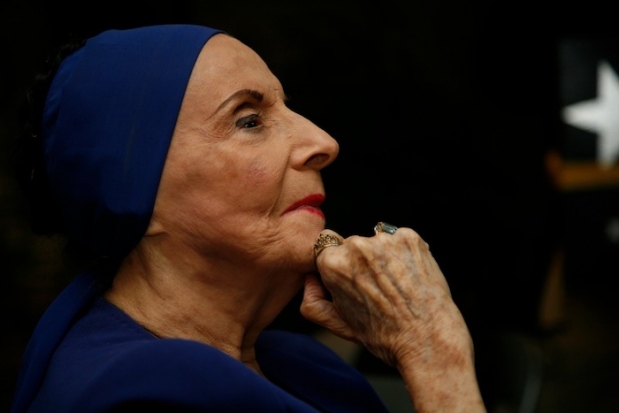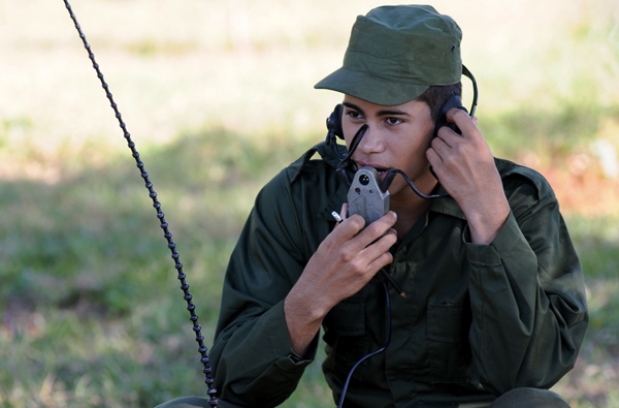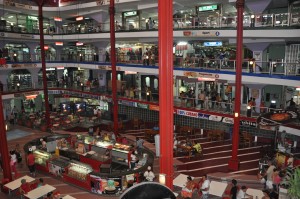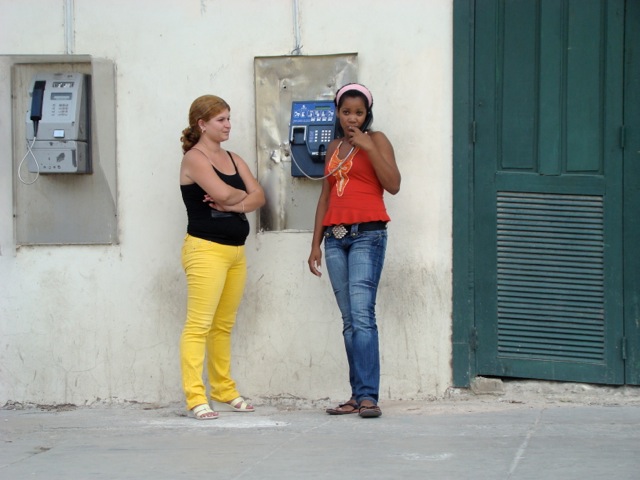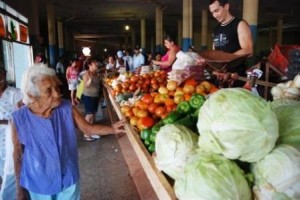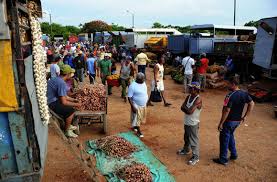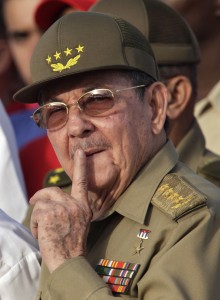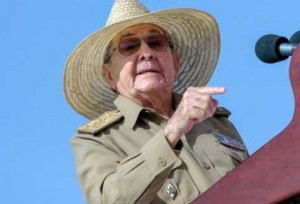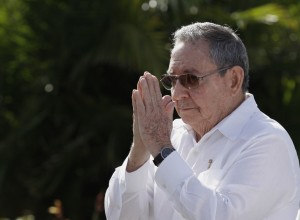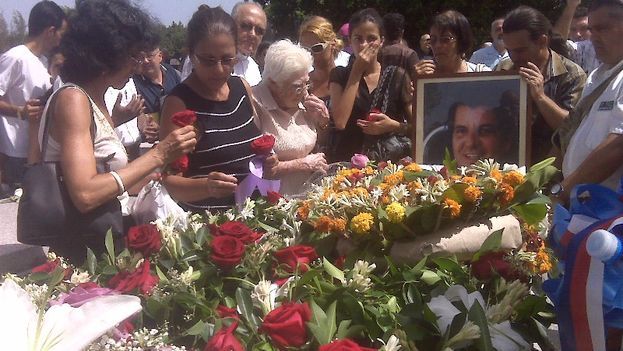
14YMEDIO, 22 July 2014 – On 22 July 2014, the opposition leader Oswaldo Payá and the activist Harld Cepero died. Payá led the Christian Liberation Movement and promoted the Varela Project, which managed to collect some 25,000 signatures to demand a national referendum. Freedom of expression, of association, freedom of the press and of business, as well as free elections, were some of the demands of that document signed by thousands of Cubans.
Nominated five times for the Nobel Peace Prize, Payá was one of the most visible and respected figures of the Cuban opposition. In 2002 the European Parliament awarded him the Sakharov Prize for Human Rights by and he was able to tour several countries to offer information about the situation on the island. He was also an official candidate for the Prince of Asturias Award and received honorary degrees from Columbia University and the University of Miami.
Paya’s death occurred in the vicinity of the city of Bayamo, while he was traveling accompanied by the Spaniard Angel Carromero, the Swede Aron Modig, and his colleague Harold Cepero. The Cuban government explained the death as the result of a car accident, but his family and many Cuban activists have maintained their doubts about that version. An independent investigation into the events of that tragic July 22 has been requested in various international forums, but Cuban authorities have not responded to those requests.
On the second anniversary of the death of Oswaldo Payá, we asked activists who shared his democratic ideals, “What is the greatest legacy of the leader of the Christian Liberation Movement?”
Guillermo Fariñas, a psychologist and the winner of the European Parliament’s Sakharov Prize
The main legacy left by Oswaldo Payá Sardinas for the Cuban nation, beyond its geographical boundaries, was that he showed his people and the world that the Cuban government breaks its own laws. When the Varela Project submitted almost 25,000 signatures to the People’s Assembly on a citizens’ petition for a plebiscite, the Cuban government refused to hold one and in a crude way changed the Constitution. That in my opinion was his main contribution: demonstrating that the Cuban government is beyond anything that could be construed as the Rule of Law and that it does not even respect its own draconian laws that support Castro’s totalitarian state. continue reading
Manuel Cuesta Morúa, promoter of Constitutional Consensus
I see the legacy of Oswaldo Paya in his pioneering activity to demonstrate that it was possible to generate civic trust towards democratic change. Even he had many doubts that the public would respond positively, would commit itself to a proposed change, especially at a time like the 90s and early 2000s when it was even more difficult for the civic movement. That’s what he sowed, what he left as a legacy, which demonstrated this as a future possibility for all pro-democracy activists on the island.
Dagoberto Valdés, director of the digital magazine Convivencia
First we recall our brother Oswaldo Paya with much love and affection and I would especially emphasize the future, in his legacy, the legacy he has rendered to all Cubans and so I think of the three gifts he left us. First, his posture, his civic attitude. He was a citizen who forged this society and who knew how to awaken a consciousness to fight for democracy in a peaceful way, and from there came his second contribution. Oswaldo was a man who fought tirelessly throughout his life with peaceful methods without being provoked or coming to violence. Finally—I have to say it—as someone who is also a Christian: he was a man who understood that religion could not be alienated or be divorced from the reality in which he lived, and that was why he was deeply committed as a Christian to work for democracy in Cuba.
Jose Conrado Rodriguez Alegre, Catholic priest
Oswaldo has left us a legacy full of sincerity and honesty; a love sacrificed for his country and a genuine commitment to the gospel of Jesus Christ, a gospel embodied in social life, in political life, in the good of others, everything that has to do with society as such. His was a radical commitment to the gospel, but at the same time, as it should be, to every human being. In remembering him, we must pay tribute to the man he was in every dimension, while we feel the pain of the brother we lost and we ask God that there be many others like him, men who can give their lives for others, in silence, in humility, in the midst of the misunderstandings of men, but certainly with a total commitment and a quality of life that today illuminates the existence of those of us still here.
José Daniel Ferrer, leader of the Patriotic Union of Cuba (UNPACU)
There is no doubt that the late Oswaldo Payá left an everlasting impression. We remember him as a determined and courageous Cuban who, from an early date, assumed the method of nonviolent struggle with the intention of bringing Cuba the rights and freedoms that we have lacked for half a century. The work of the Christian Liberation Movement set a tone in peaceful actions in favor of the fair, free, democratic and prosperous Cuba that we all want, this was the side he was on.
The Varela Project, the citizen initiative launched by Oswaldo in which so many of us became involved full-time, also set a tone in the actions of the fighters for democracy. Initially, there were more than 11,000 people, in complex and difficult circumstances, circumstances that were against those who collected signatures and against those who signed that citizen petition. The fact that for the first time so many Cubans defended a proposal, putting their names and identity data, supporting the five points that made up the project, it was a real milestone.
Personally Oswaldo was a great friend with whom I shared both difficult and happy moments. We are very mindful of that. The Cuba Democratic Union (UNPACU) will render the homage he deserves on this second anniversary of his tragic death.
***
Today, from 6:45 PM (Havana time) there will be the premiere of a documentary about Oswaldo Paya of the Varela Hall of Ermita de la Caridad in Miami, Florida. The video can also be viewed simultaneously on www.vocesdecuba.com.

